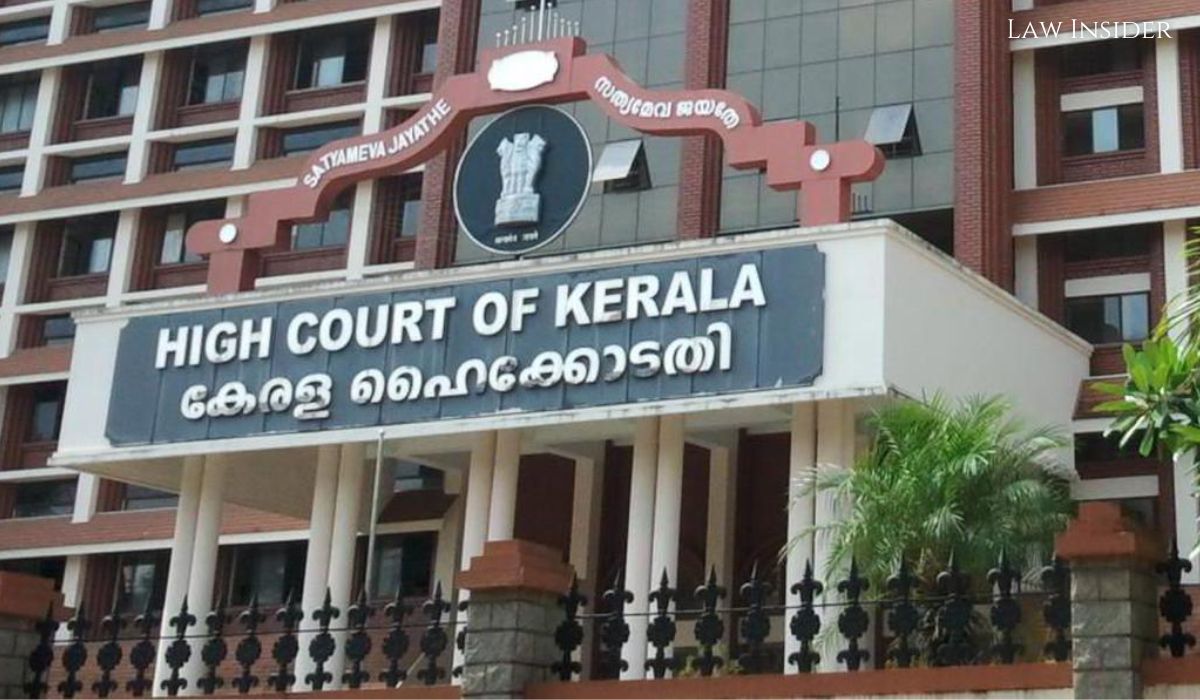LI Network
Published on: October 16, 2023 at 21:33 IST
The Kerala High Court has acquitted an accused individual who was proficient in Hindi, hailing from West Bengal, and had been previously convicted for robbery and murder. The acquittal came as a result of the disclosure statements, crucial pieces of evidence, being recorded in a language not spoken by the accused.
A Division Bench, comprising Justices P.B. Suresh Kumar and P.G. Ajithkumar, emphasized that disclosure statements should be recorded in the language spoken by the accused.
In this particular case, it was revealed that the police relied on a translator to convert the disclosure statement into Malayalam, a language unfamiliar to the accused. Significantly, the translator was not examined as a witness.
The Court pointed out, “…in the case on hand, as Sri. Shaik Ameed, who rendered assistance to PW17 to translate the disclosures made by the accused, has not been examined in the proceedings. In short, we are constrained to hold that the evidence tendered by PW17 as regards the disclosures deposed to have been made by the accused which led to the seizure of various material objects, is inadmissible in evidence.”
The prosecution’s case alleged that the accused committed both murder and robbery, targeting a fellow West Bengal native by inflicting a fatal neck injury. Subsequently, the accused faced conviction and sentencing by the Sessions Court for offenses under Sections 449, 302, and 397 of the IPC. An appeal was filed against the conviction.
The legal representatives of the accused, Advocates Sarath Babu Kottakkal and Rebin Vincent Gralan, contended that the arrest was based on oral testimony from a witness (PW3) and the discovery of admissible materials under Section 27 of the Evidence Act.
It was argued that the accused was not proficient in Malayalam and that the disclosure statements were made in Hindi, then translated to the investigating officer by another civil police officer. The defense stressed that the exact words spoken by the accused were not documented in the Mahazars, and the translator was not presented as a witness.
Therefore, the evidence provided by PW3 was deemed unreliable, and it was insufficient to establish the accused’s guilt. The defense insisted that the accused should be given the benefit of the doubt.
Senior Public Prosecutor, Alex M Thombra, contended that the oral testimony of PW3, combined with the disclosure statements provided by the accused, leading to the discovery of various material objects, established the accused’s guilt beyond a doubt.
The Court noted that the Sessions Court had previously asserted that the accused was proficient in Malayalam. However, the Court’s examination indicated that the accused learned Malayalam while incarcerated, six years after the alleged incident. Importantly, the accused was not proficient in Malayalam at the time of the purported disclosures.
The Court pointed out that the disclosure statements, made in Hindi by the accused and translated to Malayalam by a civil police officer proficient in Hindi, were recorded in Malayalam, a language unknown to the accused.
The Court referred to previous cases to establish that statements made by accused individuals under Section 27 of the Evidence Act should ideally be recorded in the first person and, whenever possible, in the precise words of the accused.
The Court also drew on the Supreme Court’s decision in Siju Kurian v. State of Karnataka (2023), which clarified that if a disclosure was translated from one language to another and recorded in a third language, it could be admissible in evidence if the translator was examined as a witness. In the case under review, the translator was not examined.
Consequently, the Court determined that the disclosure statements, which played a pivotal role in the seizure of various material objects under Section 27 of the Evidence Act, were inadmissible due to being recorded in a language unfamiliar to the accused.
Concerning the evidence presented by PW3, the Court found it implausible that the witness could have seen the accused in pitch darkness when he was situated at a considerable distance from the scene. Furthermore, the Court emphasized that in cases reliant on circumstantial evidence, the prosecution must prove every circumstance in the chain of evidence conclusively.
Based on these findings, the Court set aside the conviction and sentence of the accused, concluding that the conviction was unsustainable.
The appeal was allowed, and the appellant was ordered to be released from incarceration.

